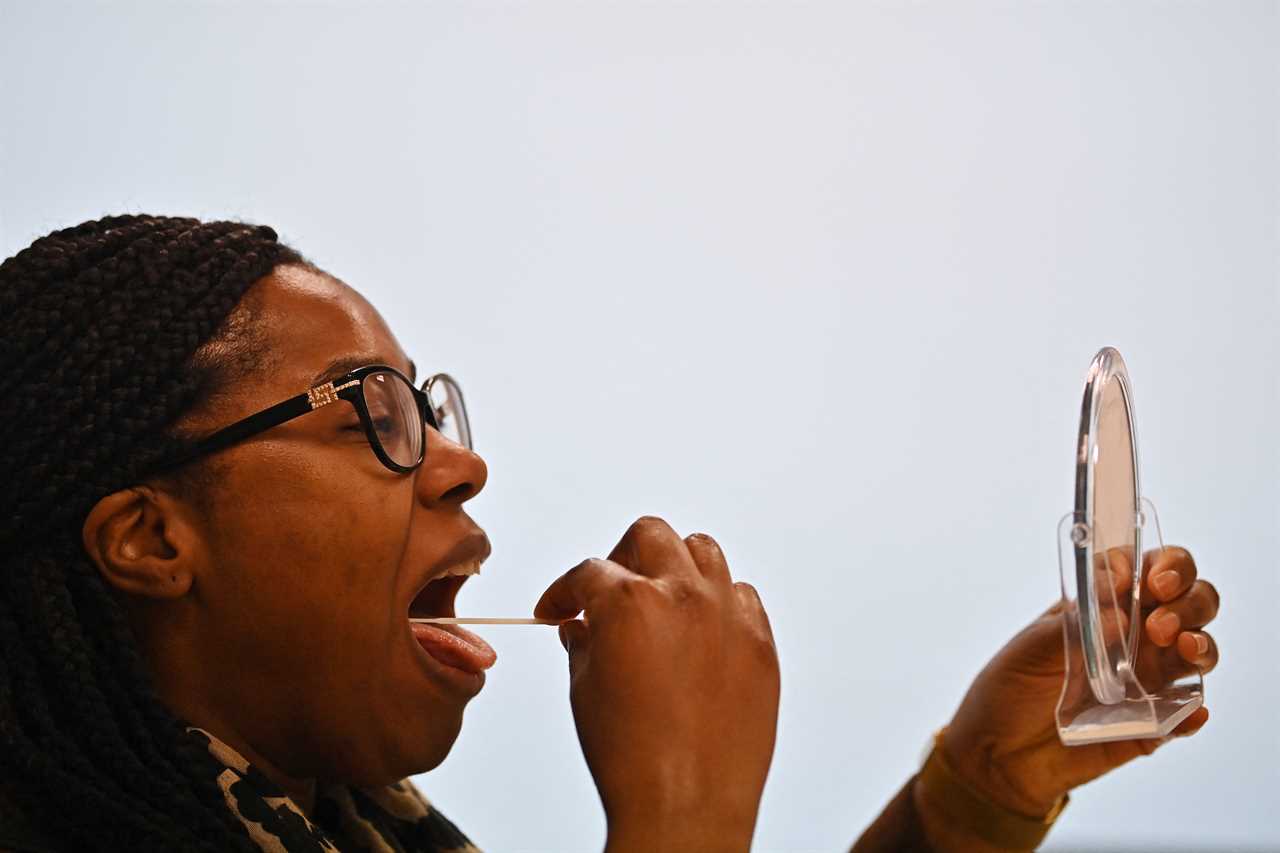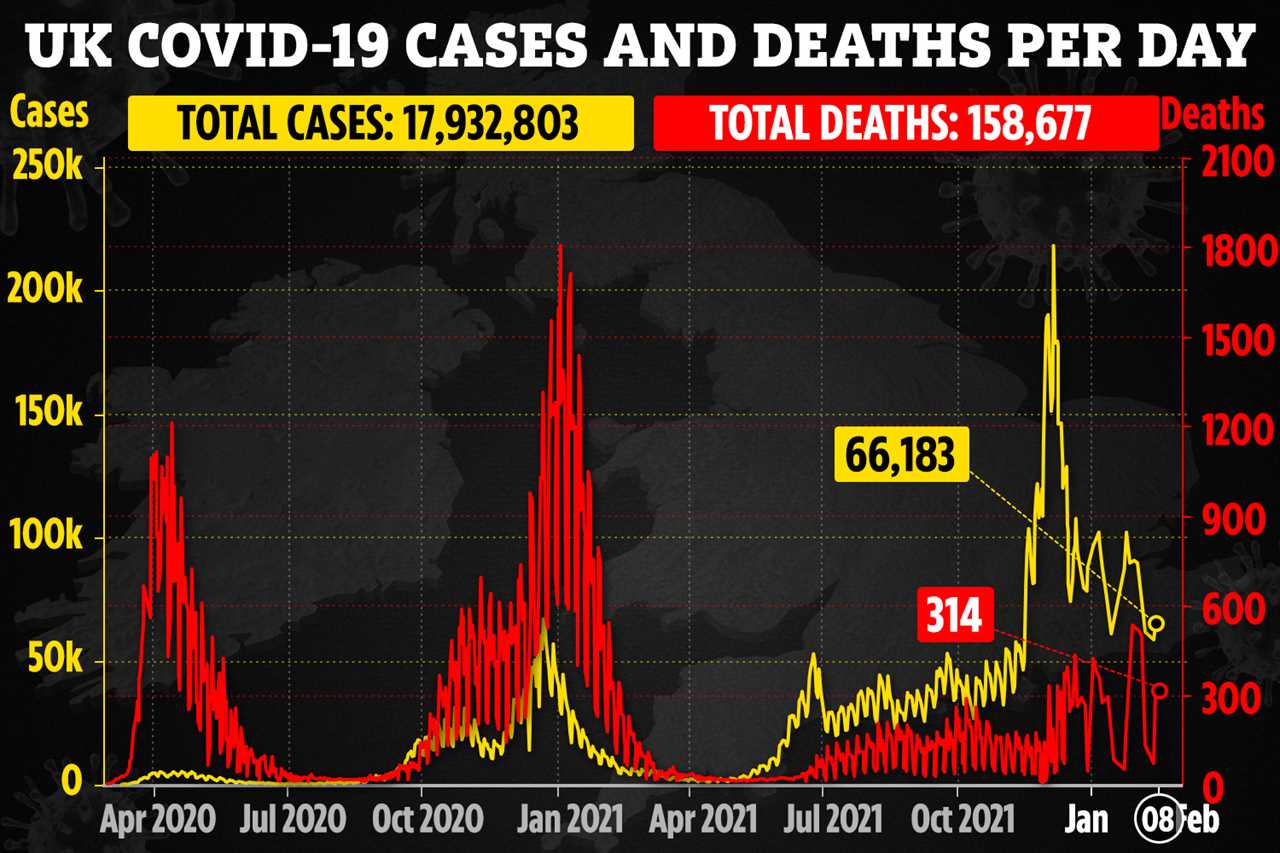A HUGE portion of the country caught Omicron around Christmas last year.
The Covid variant is able to spread much faster and passed from person to person very quickly once it arrived in the UK.

But now we are almost two months on from thousands of Brits catching it, many might be wondering if they could get it a second time.
It’s especially hard to know if you need to take extra precautions, as symptoms of the variant are very cold-like.
As we mingle more and more following the scrapping of Plan B, colds are emerging again.
So if you had Omicron in December, and have now woken up with a sore throat, headache or a sniffle, you’re thinking “surely not again…”.
Is it possible?
Usually the simplest way to know would be to take a lateral flow and then a PCR test (due to the symptoms).
However, once you’ve had a positive test and been ill with Covid, the advice is to not take any tests for 90 days.

Follow our Covid live blog for all the latest updates
Only positive tests outside of this time frame are counted as reinfections.
This is due to the belief immunity lasts for at least three months, in people who recover from Covid.
Therefore under the official Government guidance you can’t get Covid twice within 90 days.
However, this doesn’t always account for new variants that pop up and sneak around natural or vaccine immunity.
Someone who had Delta at the end of November could have also then picked up Omicron in December.
This is because the newest variant evades immunity from past Covid infection or in the doubled jabbed.
But at the moment there isn’t another variant that is outcompeting Omicron, so if you had it within the past two months and feel unwell now, it’s unlikely to be Covid.
This doesn’t mean it’s not impossible to get Omicron twice. However – there just isn’t enough official data to know yet.
If you had the variant at Christmas and feel unwell now, it is much more likely you are suffering with a cold or even flu.

So while you probably don’t need to isolate, it’s best to try not to spread any illness you might have to anyone else and rest up at home.
The UK Health Security Agency told the i it is “definitely possible” to be re-infected with the variant – because while it is rare, other variants have also infected people twice.
But again, it is unlikely to happen within the 90 day timeframe after your first infection, so right now you are still probably safe for a few more weeks.
Dr Amesh Adalja, senior scholar at Johns Hopkins Centre for Health Security in the US, agreed: “It’s unclear, at this point, what level of immunity occurs after an Omicron infection. I suspect over time, yes, you probably can get re-infected.
“But we don’t have that data yet because Omicron has only been around since October/November.”
For people who haven’t had the variant, the list of the top 20 Omicron symptoms has been updated, with two new signs you shouldn’t ignore.
Brits have been logging how they feel before and after testing positive on the ZOE Covid Symptom Study app.
Earache and unusual joint pains were added to the list, with feeling down and loss of smell removed.
Still in the top 20 are symptoms like runny nose, headache, fatigue, altered smell and skipped meals.






